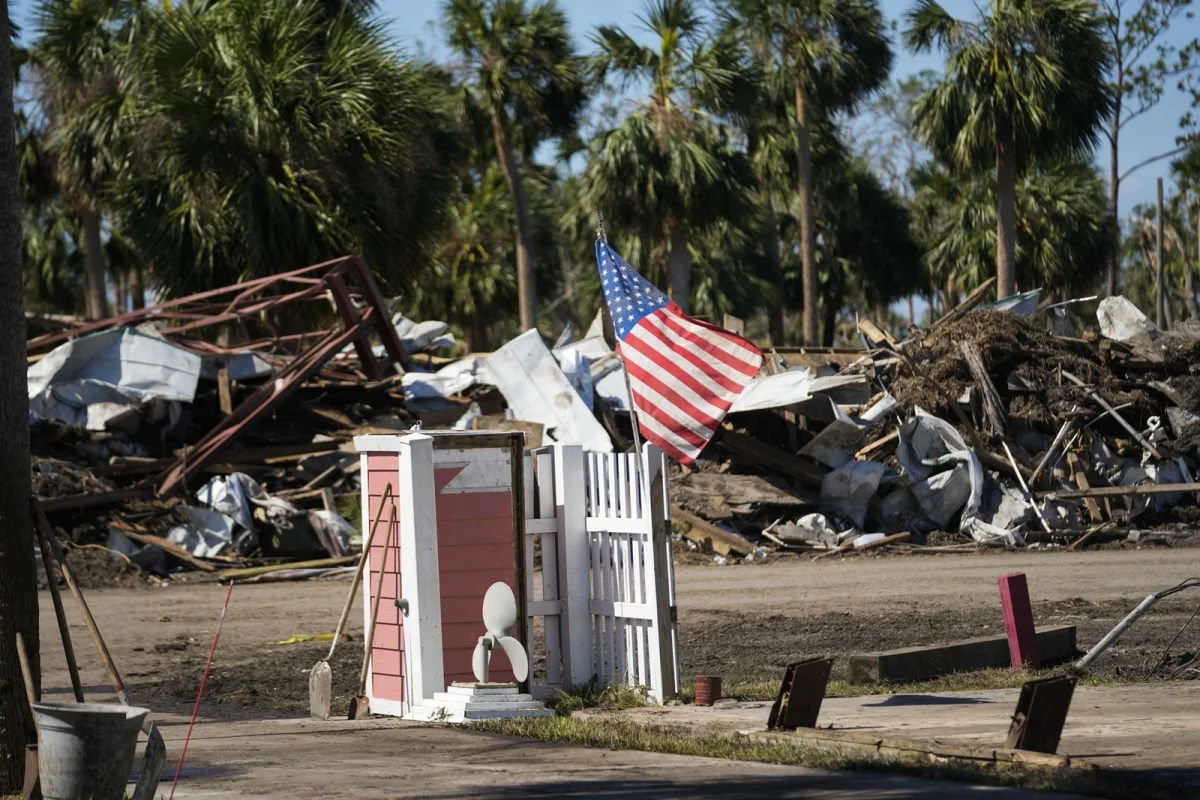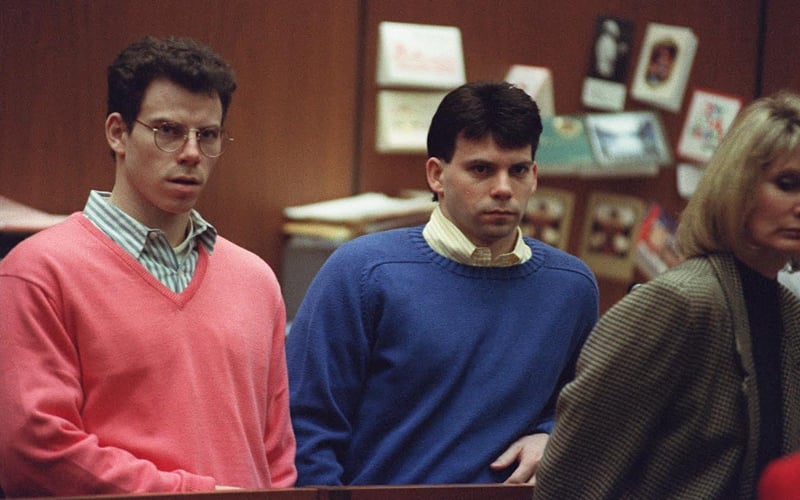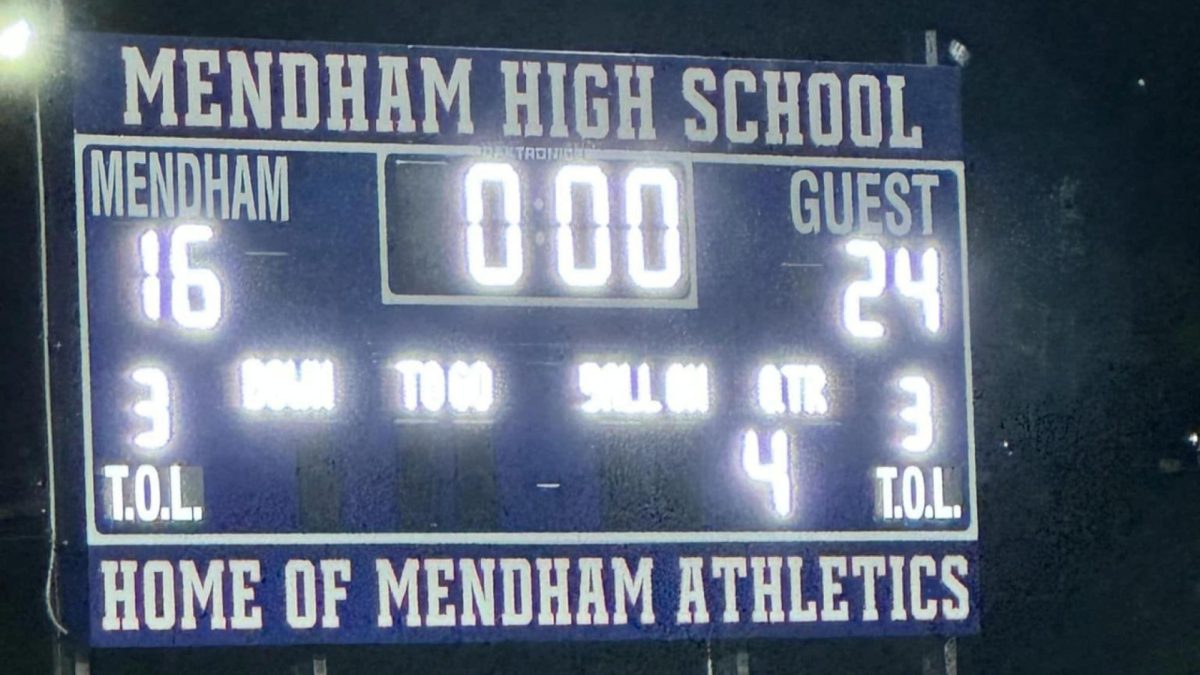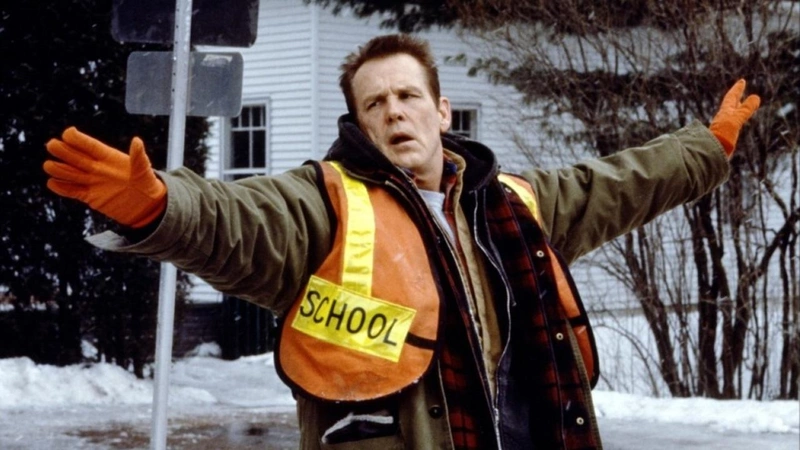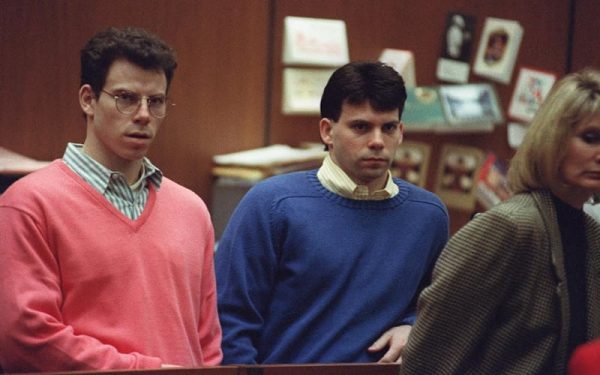An Enduring Affliction
Affliction is a woefully underrated and overlooked film about obsession, abuse and generational behavior. Released in 1997, Affliction tells the story of Wade Whitehouse, the sheriff of a small town. After a hunting accident leaves one of the town’s most prominent members dead, it’s Wade’s job to try to piece together the story of what really happened. He also has to deal with his poor relationship with his ex wife and the indifference his daughter shows him. All of this against the backdrop of a childhood with an abusive father that he hasn’t come to terms with.
Despite its critical and audience reception, Affliction isn’t a film that’s commonly talked about or even watched. To be completely honest, the only reason I watched it was because I was mad James Coburn, who plays Wade’s Father Glenn Whitehouse, beat Ed Harris in The Truman Show for best supporting actor at the 1999 Oscars. I can now say with 100% confidence that James Coburn deserved it, much like Sir Anthony Hopkins in the Silence of the Lambs and Robert Duvall in Apocalypse Now. Despite his seemingly small role in comparison to the runtime, the impact he made on the film’s story is undeniable and crucial.
Nick Nolte plays Wade, a down-on-himself man who is only really held up by the support from his community and his love for his girlfriend Margie Fogg, played by Sissy Spacek, and his daughter Jill, played by Brigid Tierney. As the film progresses, he loses these connections through his own actions, sending him into a manic spiral.
In contrast, however, there’s Wade’s younger brother Rolfe, played by Willem Dafoe. He realized that the only way for him to heal and grow as a person was to get away from his father and the town that held all of his bad memories. Unlike Wade, Rolfe was able to move past his trauma.
Wade, being the older of the two, repressed all his emotions and trauma as a means to make them go away. This is not how to cope properly of course, of which Rolfe tries to express to Wade, but by then Wade is already too far gone.
So here’s a sheriff who’s dealing with problems from all sides, being held up by a very thin thread of support, who needs a vessel or reason to let out all his emotions. This said vessel comes in the form of the aforementioned hunting accident. As the sheriff of the town it’s his responsibility to look into it; however, after widely accepted to be an accident, Wade refuses to yield to this conclusion. He comes up with, and wholeheartedly believes, a conspiracy about political corruptness and assassination. The lengths he goes to prove this theory and the methods he uses permanently destroy what little positive connections he has left.
Wade loses his job because he believes that his boss is involved in the coverup, with the flimsy proof that his boss was talking with the man who Wade suspects to have purposely done the killing. He loses his friends and respect he has in the town by getting violent with one of the patrons in a bar after the suggests forgetting about the ¨murder,” and to try to mend his crumbling relationship with his daughter.
The cause of the loss of his relationship with his daughter, however, needs a more in-depth explanation. Wade’s father, Glen, was an alcoholic who abused both of his children. Wade got the worst of it not only because he was older but he was willing to stand up to his father for the sake of his little brother. Now that Wade is a father, he has been doomed to act exactly like his own dad did to him. It´s established early on that Wade is an alcoholic, frequenting the local bar. Even earlier than that, it’s established that the relationship between Wade and his daughter is strained. He makes an effort to make her feel at home with him, to which she wants nothing to do with and asks if she can go back with her mother. It can be inferred that there must have been a significant event involving the two to make her behave in this way. This would also explain the incredibly poor relationship between Wade and his ex-wife. The relationship between him and his ex-wife is hateful and full of vitriol. There seems to be genuine animosity between the two of them. Lillian, Wade’s ex, hates the fact that Jill has to see him and wishes he was out of the picture entirely. Wade tries to put on a front of kindness when Jill is around, but otherwise he shows his true contempt for Lillian, hating the fact that she is keeping his daughter away from him.
Wade by the end of the film became what he detested, he became exactly like his father. An angry, abusive, alcoholic, wildly flailing around at everyone near him. He attacks not only his father but his daughter too, causing Maggie, one of the few people who still love him, to lose all trust and respect for him. Rolfe on the other hand directly mirrors this, he escaped and got help and was further able to become a well-adjusted adult because of it.
A reviewer by the name of Francis Carroll described Affliction perfectly: “A realistic depiction of a man totally unequipped to deal with his life.” Anyone can become Wade Whitehouse if they don’t learn how to properly deal with their emotions. Pain and trauma need to be released, if left unchecked it can come out in the form of anger, aggression, and in the worst cases violence. This in turn destroys any and all relationships one has leaving them with nothing.
Affliction at its core is a cautionary tale that tells the story of a man trying to find meaning in nothing; a man still dealing with a heinous childhood, while his brother was able to move on. A man whose poor relationships with the people that are meant to be closest to him end up having a major negative effect on his psyche. Finally, it is the story of a man who, despite hating his father, is doomed to become exactly like him because of his inability to move past his abusive childhood.
I believe Affliction is a movie everybody should watch; it’s a dark and deeply saddening look into the decline of a man. I have found more recent films less likely to tackle the subject matter that Affliction does with such nuance and realism. Regardless of life experience, it is easy to both sympathize with and greatly detest Wade Whitehouse, as his actions can be interpreted as dramatically heroic and unquestionably heinous. Despite the voice of this review, I will ultimately leave all final opinions on Wade Whitehouse to the viewers. Personally, I give this film an 8/10, and it is available on Prime Video for free. Just know that the free version contains ads, so if you wish to have an ad-free viewing it can also be rented for $3.99 on Prime Video.

